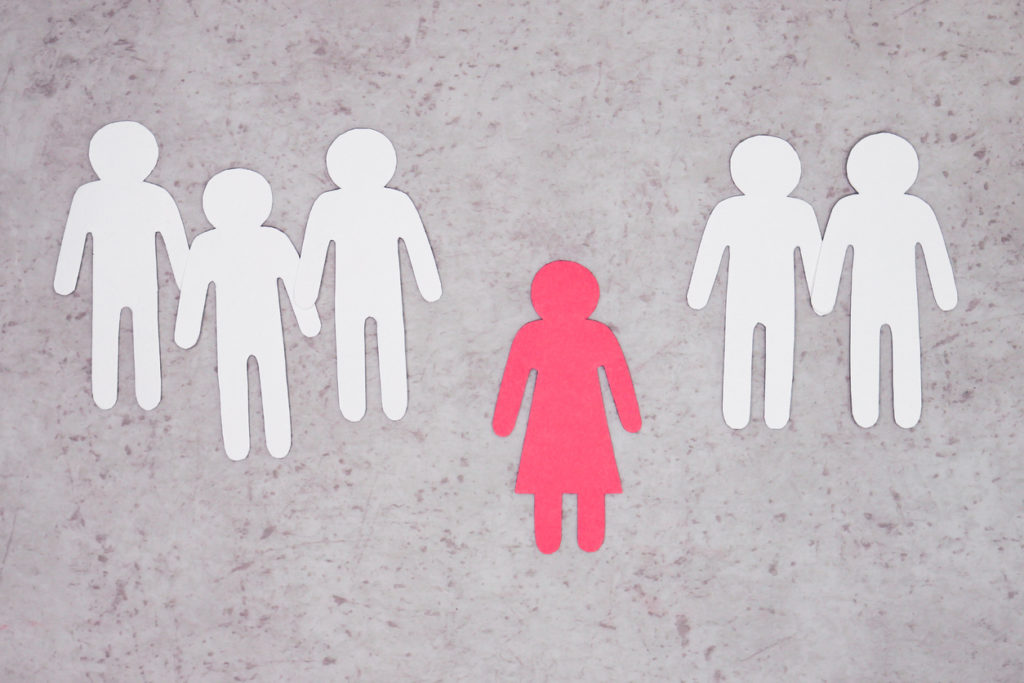Making misogyny a hate crime is a vital step to tackle violence against women and girls. The news that Priti Patel will reject the proposal is bitterly disappointing. First, Boris Johnson claimed that widening the scope would increase the problem and overrun the police. Now, Priti Patel claims that it could be more harmful to women and girls who are victims of violence.
These are excuses from a government that is afraid to make long-lasting change to tackle violence against women and girls. I don’t think they understand the scale of the problem.
97% of women in the UK have experienced sexual harassment – 97%. This is an appalling reflection on our society and lays bare the deep-rooted problem that exists in the UK. Other research shows 93.7% of women have experienced or witnessed street harassment in one local area.
Last year, information was released naming 3,000 schools following claims of sexual assault, rape and harassment. An organisation named Everyone’s Invited collated over 54,000 testimonies revealing the extent to which women and girls are subject to harassment and abuse from very young ages.


The law must be expanded so misogyny carries the same punishment as hate crimes based on race, religion, sexual orientation, disability and transgender identity.
Making misogyny a hate crime would target the root cause of violence against women and girls.
Ultimately, misogyny and sexism is accepted and inappropriate behaviour is seen as the entitled right of men. Women still experience harassment and discrimination in the workplace and receive appalling abuse online.
This is inherent within today’s culture and treating misogyny with the same seriousness and consequences of hate crimes is a step towards a more equal society.
I led the campaign to ban upskirting, and to make revenge porn a criminal offence. During this campaign I was faced with a similar hesitancy.
Looking back a year since the last International Women’s Day, nothing has changed. Countless women are still plagued by violence and harassment ranging from inappropriate comments and touching to cyber-flashing, rape and murder. The Charing Cross Police Station incident cemented the culture of misogyny prevalent within the Met Police.
The murder of Sarah Everard and Sabina Nessa shook the country and should have acted as a catalyst for change. For too long women and girls have been unsafe on our streets.
A spate of drink spiking came to light. A third of women have been spiked or know someone who has, according to YouGov research.
There is a long way to go. Misogyny is baked into societal norms and practices. It has been this way for thousands of years and a proper and wholesale culture change will not happen overnight.
Nevertheless, everything must change. Recognising the harm misogyny causes is the first step.
Recording these crimes will also give an insight into the link between misogyny and hostility, violence, abuse and harassment to women.
Unfortunately, the government has a woeful record of protecting women and girls.
The government’s Rape Review showed that only 1% of rape cases result in conviction. Is there any wonder that women have no faith in the justice system?
This, coupled with the incident at Charing Cross Police Station and the catastrophic murder of Sarah Everard by a sitting Met Police Officer. It is no wonder that trust in the police has plummeted.
Misogynistic and violent comments were exchanged casually between colleagues, with one stating: “Getting a woman into bed is like spreading butter. It can be done with a bit of effort using a credit card, but it’s quicker and easier just to use a knife.” The normalisation of these comments shows how deeply rooted misogynistic behaviour is in the police and society.
In addition to this, we need immediate action on sexual harassment in schools, by consulting with education leaders and specialists in the violence against women and girls sector to create an age-appropriate sex and relationship education programme. Better training and resources for police, prosecutors and judges is another must, to ensure survivors are listened to and supported.
Until we have a world that respects women, we need to realise that ‘lad banter’, rape jokes, sexist jokes, harassment, and inappropriate cat-calls are the basis on which violence crimes are committed, largely with impunity and bereft of a response from the authorities.
It is time that the government stopped with the excuses. Misogyny must be made a hate crime.












